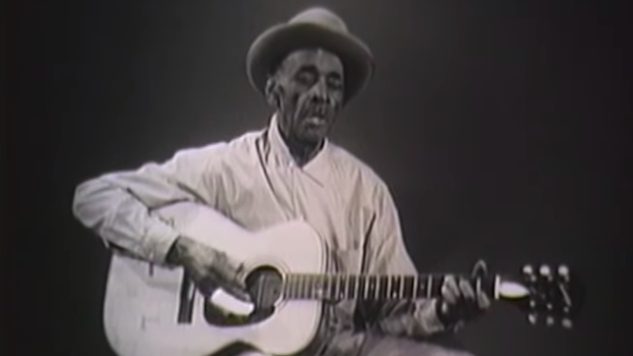Listen to Mance Lipscomb Sing the Blues on This Day in 1964
Screengrabs via YouTube
Perhaps you’ve never heard of Mance Lipscomb. If that’s the case, it’s probably because he hasn’t set foot on a stage in almost 50 years—the prolific blues guitarist was born in 1895 and was only active at the end of his life, in the #8217;60s and #8217;70s and throughout the folk revival, before he died in 1976 due to complications from a stroke two years earlier. But Lipscomb’s influence on the blues, albeit shrouded, is still resonant today. Lipscomb stood out among other Southern blues musicians of the time for his intuitive finger-picking styles and melodies that danced. We freely associate Texas with the blues, and that’s in part because of Lipscomb, who spent most of his life working as a farmer and playing music in the Lone Star State. The son of an ex-slave from Alabama, Lipscomb faced his share of hardships, but his music was always transcendent. Though he was a heralded blues musician, Lipscomb preferred the “songster” classification, signaling his ability and desire to work in a variety of genres.
On this day (Dec. 4) in 1964, Lipscomb played Ash Grove, the storied L.A. nightclub that played host to bluegrass, blues and folk legends throughout its brief but influential lifespan (1958-1973). During this rock-solid set, Lipscomb played several songs from his classic Texas Songster recording sessions, including “One Thin Dime,” one of his most well-known tunes. Throughout the show, he plays his own songs (like “Night Time Is The Right Time” and “Alabama Bound”), as well as covers of blues standards like Big Bill Broonzy’s “Key To The Highway.”
-

-

-

-

-

-

-

-

-

-

-

-

-

-

-

-

-

-

-

-

-

-

-

-

-

-

-

-

-

-

-

-

-

-

-

-

-

-

-

-








































